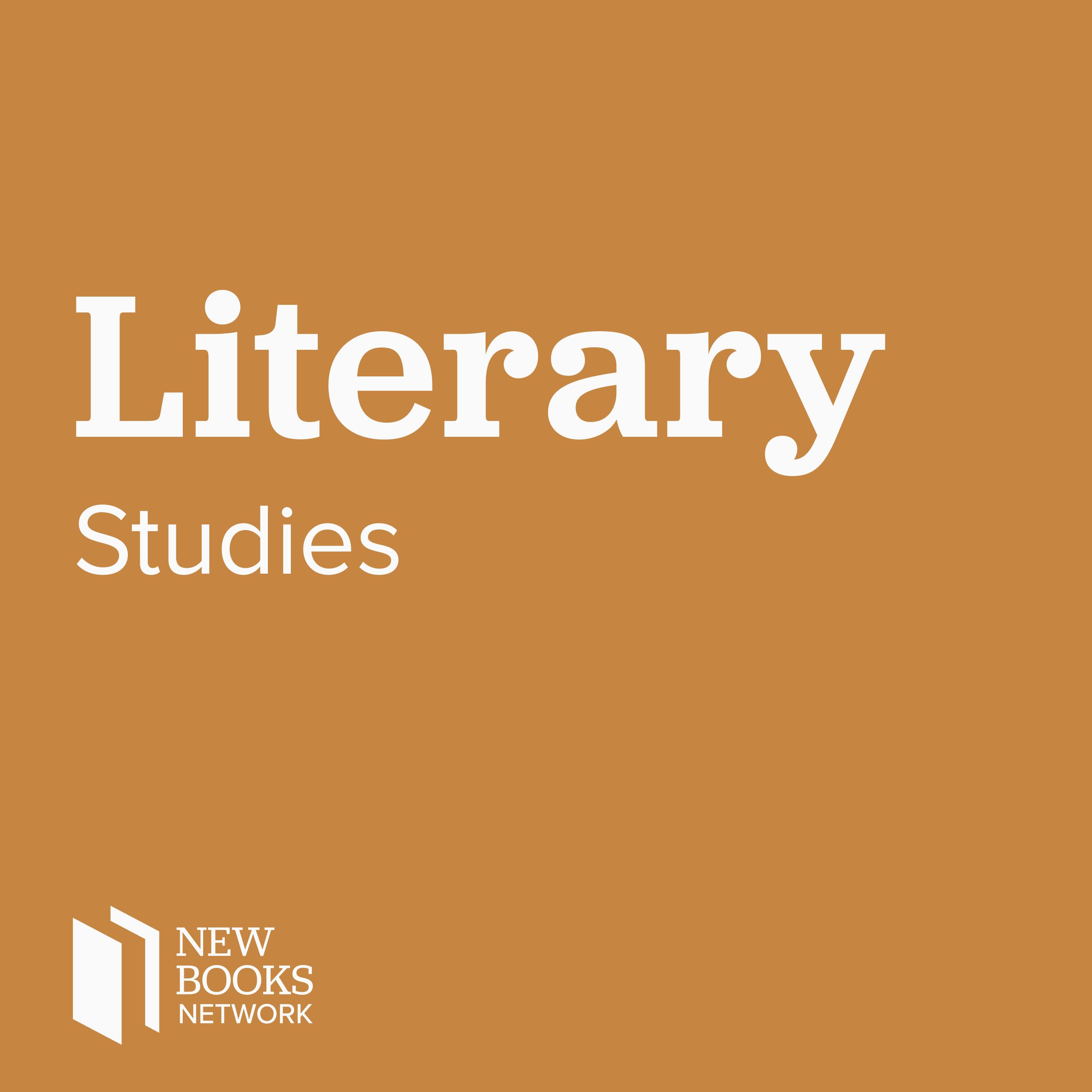
Genealogies of Modernity Episode 8: The Enemy of Morality Is Not Modernity, It’s Me

New Books in Literary Studies
Shownotes Transcript
The great English essayist and linguist Samuel Johnson was writing during the Enlightenment – the period some historians identify as the beginning of the modern age. American author and philosopher David Foster Wallace worked more than two centuries later, in the “post-modern” style. But these two writers shared a common problem: once modernity fractured society’s sense of shared moral norms, how could you write persuasively about morality? This episode looks at how Johnson and Wallace attempted to solve this problem; what struggles plagued their solutions; and why our modern, pluralistic landscape makes their work more valuable than ever.
**Researcher, writer, and episode producer: **Kirsten Hall Herlin)
**Featured Scholars: **
Walter Jackson Bate (1918-1999), Professor of English, Harvard University
Matt Bucher), Managing Editor, The Journal of David Foster Wallace Studies
- Jack Lynch), Professor of English, Rutgers University
- D. T. Max), Staff Writer, The New Yorker
Special thanks: Dutton Kearney
For transcript, teaching aids, and other resources, click here).
Learn more about your ad choices. Visit megaphone.fm/adchoices)
Support our show by becoming a premium member! https://newbooksnetwork.supportingcast.fm/literary-studies)